 Magnesium deficiency is one of the leading cause of heart attacks. We have compiled the most important signs and symptoms that signal that you are lacking magnesium.
Magnesium deficiency is one of the leading cause of heart attacks. We have compiled the most important signs and symptoms that signal that you are lacking magnesium.
Deficient magnesium levels are more common due to our insufficient diets, environmental factors, and stress. You get magnesium in a healthy diet with green leafy vegetables, beans, whole grains, nuts, and fish.
However, the absorption of magnesium is inhibited by other factors, such as certain medication and too much alcohol. Magnesium is crucial for muscle health, nerve transmission, nutrient metabolism, bone and cell formation, and energy production.
Below are the 32 signs to look out for which indicate that you need more magnesium.
32.Irritability and anxiety

(www.pixabay.com)
Magnesium in your body has a calming and relaxing effect as it regulates your nervous system and helps you cope better with fear, anxiety, irritability, and nervousness. Low magnesium could cause anxiety and panic attacks.
31.Behavioral disturbances

(www.flickr.com)
Magnesium is a deficient nutrient in most American’s diets, which exacerbates neurological, emotional, and mental health issues. Magnesium is known to be a natural “chill pill”.
30.Lethargy

(www.flickr.com)
If you’re suffering from tiredness and constantly feeling lethargic, you could have a magnesium deficiency. Low energy levels are often due to overworked adrenal glands so taking sufficient magnesium promotes adrenal health.
29.Impaired memory and cognitive function

(www.steemit.com)
A lack of magnesium has been associated with cognitive impairment, stroke, and post-stroke complications. Research shows how the reduction in magnesium causes cerebral arteries to spasm and normal magnesium levels produce relaxation of the arteries.
28.Addictions

(www.pixabay.com)
Magnesium contains glutamine, an amino acid that helps reduce cravings. Reports have shown recovering alcoholics take magnesium to cope with their alcohol addiction and glutamine works in the same way for bulimics and binge eaters.
27.Nausea and vomiting

(www.pixabay.com)
Low magnesium levels can cause nausea and vomiting. Constantly feeling this way is unpleasant and can impact your daily routine. Talk with your doctor about getting your magnesium tested.
26.Seizures and Epilepsy
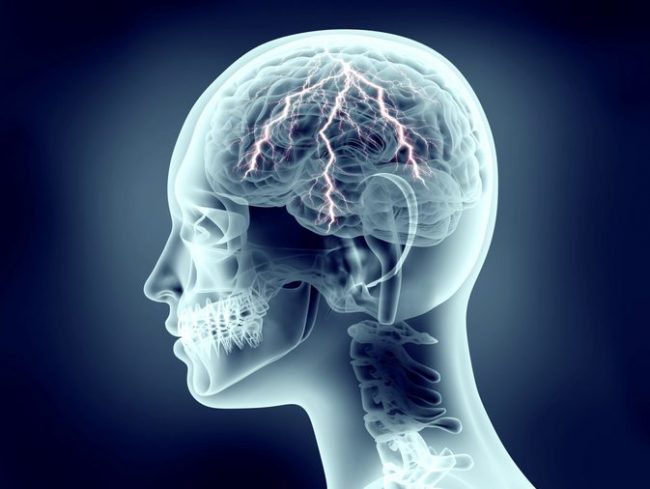
(www.livestrong.com)
It has been recorded that the number of people with epilepsy are magnesium deficient. Magnesium helps maintain connections between neurons. Researchers found that magnesium levels fall significantly following seizures in epileptics and magnesium supplements will help replenish the magnesium.
25.Weakness

(www.publicdomainpictures.net)
Physical weakness is another sign you have a magnesium deficiency. An ongoing feeling of weakness could be caused by the loss of potassium in your muscle cells, exacerbated by low magnesium. Magnesium also assists in the production and transport of energy, so low levels leave you feeling tired and weak.
24.Muscle spasms

(www.flickr.com)
Magnesium plays an important role in muscle health so a deficiency in this nutrient impairs normal functioning that causes muscle spasms and other muscular conditions.
23.Muscle cramps

(www.pixabay.com)
Most muscle cramping is caused by low magnesium and recent studies showed 78% of leg cramp sufferers had magnesium deficiencies. To minimize muscle pain, swelling, tension and inflammation, your body needs sufficient magnesium levels.
22.Hyperactive reflexes

(www.flickr.com)
Hypomagnesemia is the term for low serum magnesium levels and this condition increases neuro muscular irritability, such as hyperactive reflexes, tetany, and impaired cardiac function.
21.Impaired muscle coordination
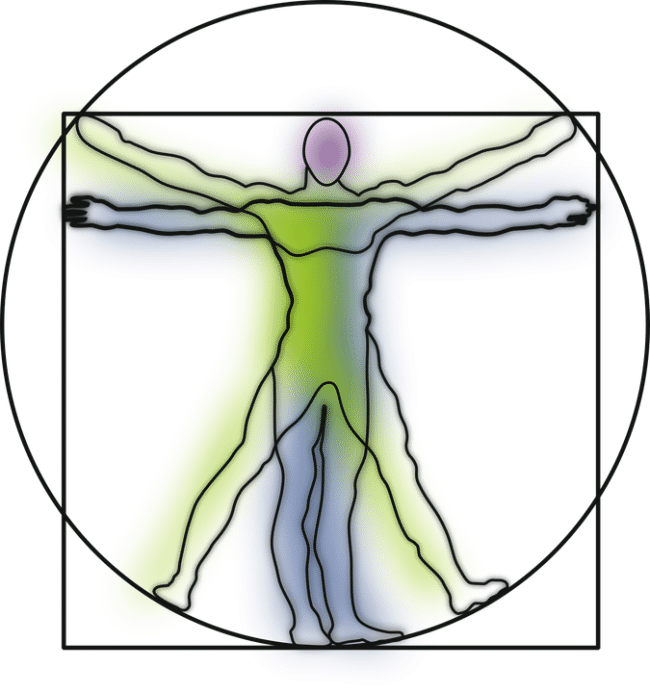
(www.pixabay.com)
Ataxia is the condition where there is little to no control over muscles. It can affect your movement, speech, and eye movement. Damage to the cerebellum physically or biologically can cause persistent ataxia and magnesium plays a very important role in the brain and nerves.
20.Tremors

(www.commons.wikimedia.org)
Magnesium is such a diversely used mineral in the human body. It supports ion transport for muscle function so low levels could cause symptoms such as hand tremors.
19.Involuntary eye movements and vertigo

(www.pixabay.com)
If your magnesium deficiency gets severe, your symptoms will worsen. A chronic deficiency can cause delirium, hallucinations, abnormal eye movements, and vertigo.
18.Difficulty swallowing

(www.youtube.com)
If you don’t have enough magnesium, impaired contraction of smooth muscles include a difficulty in swallowing or feeling that you have a lump in the throat.
17.Hyperglycemia

(www.pixabay.com)
Inadequate magnesium levels in your system creates havoc in your system, elevating insulin and blood glucose levels, as it affects the extracellular and intracellular functions.
16.Calcium deficiency

(www.pixabay.com)
Vital organs, such as your muscles, heart and kidneys, needs magnesium to function optimally and magnesium helps regulate calcium levels and the production of energy in your body.
15.Potassium deficiency
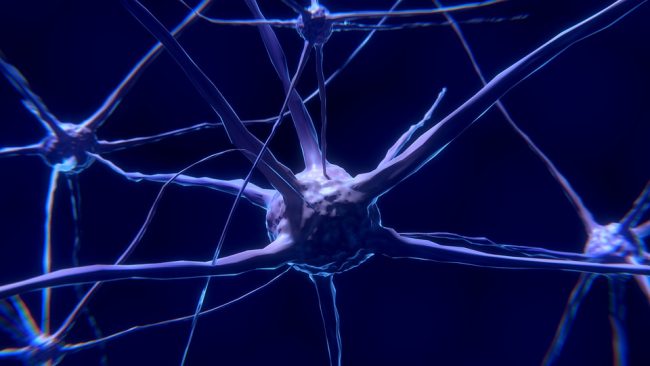
(www.pixabay.com)
If your magnesium is low, it impacts your potassium levels and causes further deficiency. Potassium is critical for healthy nerve and muscle function, and especially the heart.
14.Coronary spasms

(www.health24.com)
Chest pain can be a symptom of coronary artery disease or a disorder called coronary spasm. It is an tense pain (like a cramp) in your chest. A magnesium deficiency increases your risk at developing coronary spasm.
13.Growth retardation

(www.pixabay.com)
A magnesium and zinc deficiency have shown to cause growth retardation in children as the low magnesium levels cause spasms of the umbilical and placental vasculature, limiting blood flow to the fetus.
12.Severe Depression

(www.pixabay.com)
Severe depression could arise from a prolonged magnesium deficiency. Major depression is a mood disorder with feelings of inadequacy, pessimism, despondency, and suicidal tendencies. Magnesium deficiency is well known to cause neuro imbalances and is used in treatment for depression
11.Chronic Fatigue Syndrome

(www.pixabay.com)
Research has proved that magnesium, along with potassium can improve the symptoms of chronic fatigue syndrome. This syndrome shows a low red blood cell count and magnesium is critical for healthy blood cell function.
10.ADHD

(www.youtube.com)
ADHD studies in children found 95% had low magnesium levels and subsequent magnesium therapy helped alleviate hyperactivity in children.
9.Hormones

(www.commons.wikimedia.org)
Magnesium levels regulate cortisol by calming the nervous system to prevent excess cortisol production, which is the stress hormone. When unbalanced, it affects the levels of testosterone, progesterone, estrogen, FSH (Follicle-Stimulating Hormone) and LH (Luteinizing Hormone).
8.Parkinson’s disease

(www.pixabay.com)
By having adequate magnesium levels we can better manage and alleviate symptoms associated with the onset of Parkinson’s. It causes tremors, speech, movement, and coordination difficulties and magnesium is a nerve and muscle relaxant
7.Insomnia

(www.flickr.com)
Many people have bouts of insomnia, some worse than others. So, we try changing our sleep routine, cutting out caffeine, getting more exercise, but it doesn’t always help. Try using a magnesium supplement as a sleep aid as it helps lower blood pressure.
6.Migraines

(www.flickr.com)
Studies found that taking magnesium regularly reduced the frequency of migraines by almost 42%. Sufficient magnesium levels are effective in preventing menstrual-related migraines.
5.Osteoporosis
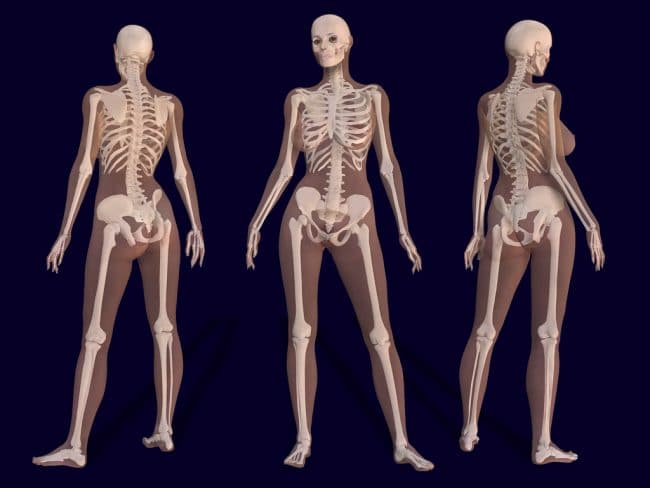
(www.flickr.com)
A good balance of magnesium is crucial for bone health. Low and high magnesium levels can have a harmful effect on the bones. Low magnesium contributes to osteoporosis directly by acting on crystal formation and bone cells.
4.Cardiac arrhythmia
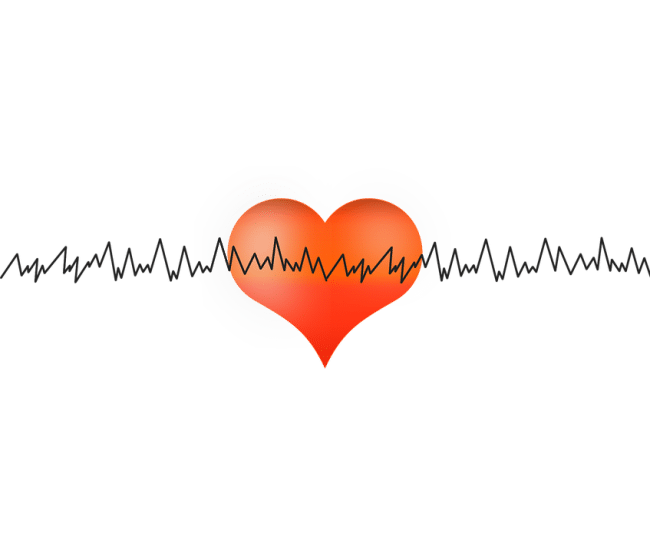
(www.pixabay.com)
Magnesium deficiency plays an important role in cases of arrhythmia. It’s an irregular heartbeat and magnesium directly helps you maintain a normal heart rhythm.Magnesium improves energy production in the heart, aids delivery of oxygen to the heart and relaxes the coronary artery.
3.Coronary artery disease and atherosclerosis
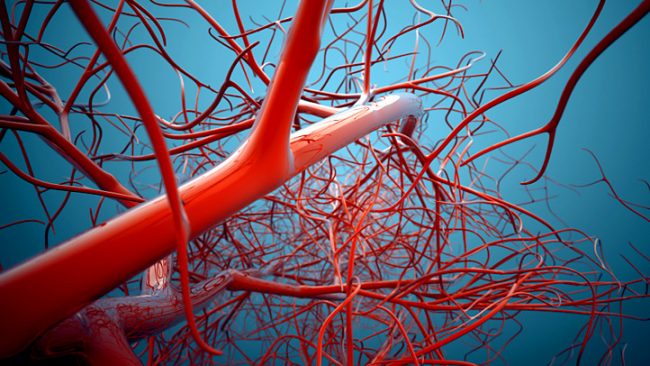
(www.vimb.ir)
Low magnesium is associated with inflammation and disturbances in the coronary artery. This contributes to atherosclerosis and increases your risk developing coronary heart disease.
2.Hypertension
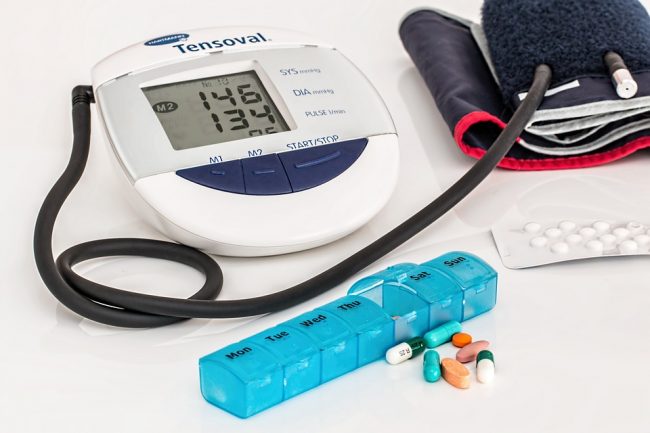
(www.pixabay.com)
Researchers found that by taking magnesium supplements daily for three months reduced high blood pressure in patients and maintained it at normal, healthy levels.
1.Type II diabetes
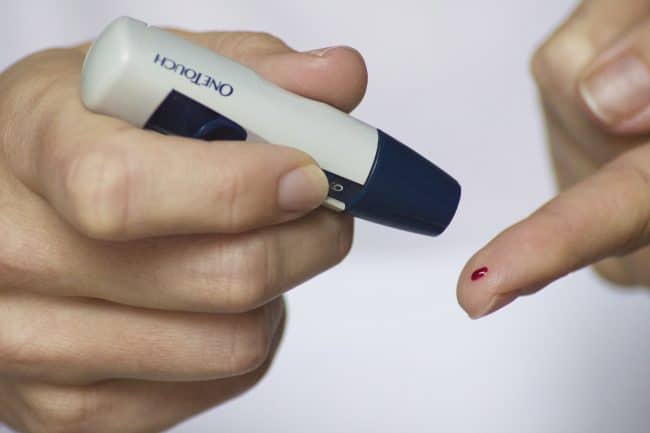
(www.wikipedia.org)
Diabetes is frequently associated with magnesium deficiency where Type 2 diabetes mellitus is accompanied by a change in magnesium levels. An increase in magnesium deficiency has been identified with the prevalence of Type 2 diabetes.
Be more aware of your food choices, lifestyle, and medications. As you get older, you are more vulnerable to low magnesium levels, so a nutritious and varied diet is key to maintaining good health.
google.com, pub-6336011652228911, DIRECT, f08c47fec0942fa0








